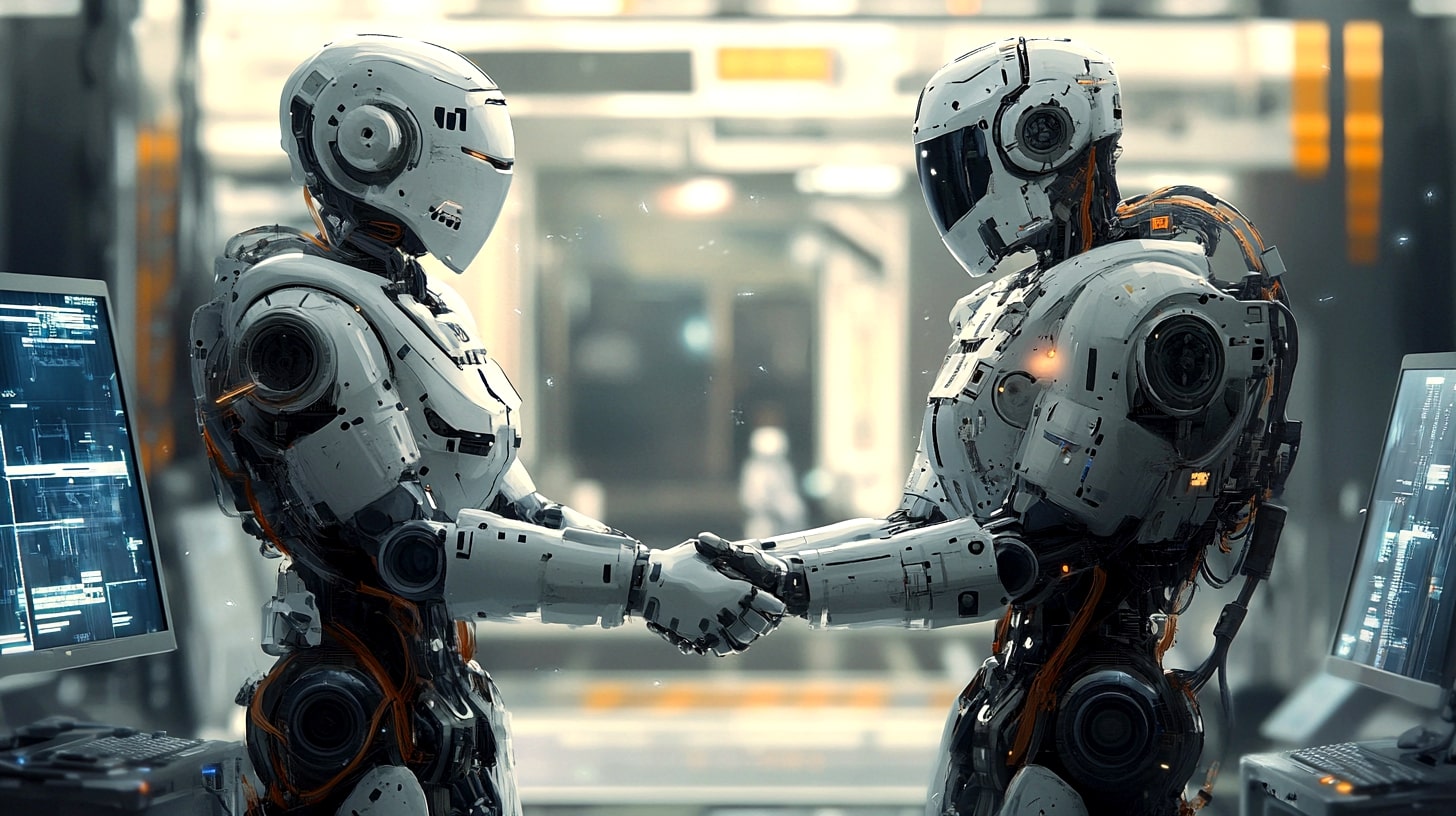Nvidia, a leading player in the field of artificial intelligence (AI), is reportedly exploring the possibility of partnering with OpenAI, a prominent AI research lab. This potential collaboration has significant implications for the future of AI technology and innovation.
According to recent reports, Nvidia has been engaged in discussions with OpenAI about a possible alliance. The talks indicate Nvidia’s growing interest in deepening its involvement in AI research and development, which could lead to advancements in the field that benefit both companies and the broader tech community.
The Significance of Nvidia’s Interest
Nvidia is renowned for its contributions to AI through its powerful graphics processing units (GPUs) and AI-focused hardware. These technologies are crucial for training complex AI models, and Nvidia’s GPUs are widely used in various AI applications.
By exploring a partnership with OpenAI, Nvidia aims to leverage its hardware capabilities to support OpenAI’s cutting-edge research. This collaboration could enhance the efficiency and performance of AI models, potentially accelerating breakthroughs in machine learning and artificial intelligence.
Potential Benefits of the Partnership
A partnership between Nvidia and OpenAI could lead to several significant benefits:
- Enhanced AI Capabilities: Combining Nvidia’s hardware expertise with OpenAI’s research could result in more powerful and efficient AI systems. This synergy might enable the development of advanced models that can handle more complex tasks and deliver more accurate results.
- Accelerated Innovation: The collaboration could speed up the pace of AI innovation. By working together, Nvidia and OpenAI could tackle some of the most challenging problems in AI, leading to faster advancements and new technological solutions.
- Broader Impact on Technology: The outcomes of this partnership could have far-reaching implications beyond the companies involved. Innovations resulting from this collaboration might influence various industries, from healthcare to finance, by providing more sophisticated AI tools and applications.
OpenAI’s Role in AI Research
OpenAI has been at the forefront of AI research and development, known for its commitment to advancing the field responsibly. The organization has made significant strides with projects like GPT-3, a state-of-the-art language model that has set new benchmarks in natural language processing.
OpenAI’s research focuses on creating AI technologies that are safe, scalable, and beneficial to society. By partnering with Nvidia, OpenAI could gain access to cutting-edge hardware that supports its ambitious research goals and enhances its AI models’ capabilities.
Nvidia’s Strategic Goals
Nvidia’s interest in collaborating with OpenAI aligns with its broader strategic goals. The company has been actively investing in AI technologies and exploring partnerships that can advance its position in the market. This potential partnership with OpenAI is a strategic move that could solidify Nvidia’s role as a key player in the AI industry.
What This Means for the Future of AI
The potential Nvidia-OpenAI partnership represents a significant development in the AI landscape. If realized, this collaboration could drive substantial progress in AI research and technology. The combined expertise of Nvidia’s hardware capabilities and OpenAI’s research prowess has the potential to bring about transformative changes in the field.
As discussions continue, the tech community eagerly anticipates the outcomes of this potential partnership. The resulting innovations could reshape the future of AI and influence how various industries harness the power of artificial intelligence.
Looking Ahead: Implications for AI Technology
As Nvidia and OpenAI continue their discussions, the tech world watches closely. The implications of this potential collaboration extend beyond the companies themselves, potentially impacting the broader AI ecosystem.
The partnership could usher in a new era of AI advancements, with implications for how AI technologies are developed, implemented, and utilized across different sectors. The outcome of these discussions will be crucial in shaping the future of artificial intelligence.








